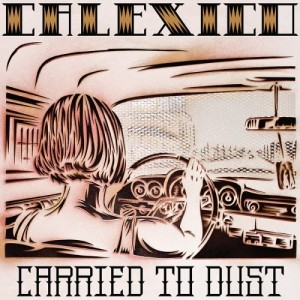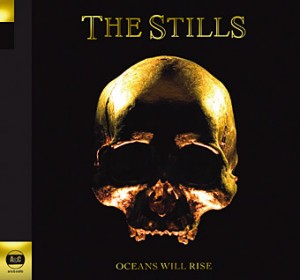The Shaky Hands – Lunglight
Lately it seems that the world has gone completely soft, or at least the spectrum of rock n’ roll has gone soft. We desperately need a band that can grab us and shake the dust from our record collections. The Shaky Hands appear to be that band, and their album Lunglight is just a taste of what they have to offer.
Opening track, “A New Parade” comes off with jangly pop affection, as pounding drums drive the song towards the end. The vocals are a little raspy, with just a tinge of countrification a la Kings of Leon.
The band name is quite fitting, considering the sounds on this album have a sort of shakiness that can only be associated with pure, unadulterated rock. It has this post-punk feeling to it, but fused with a country soul, and stirred with just the right amount of pop sensibility. Although they carry such a signature sound, the album never seems to get old, always maintaining a sense of freshness in each song.
Lyrically, it seems that the album is filled with issues of struggle. In today’s world we come across such battles between friends, lover and, ultimately, ourselves. Understanding this, The Shaky Hands have set out to let us know that we are not alone in our daily issues; they, too, are confronting these demons. If such battles must be fought, then we shall do it together.
And, the percussion is simply amazing here. The drum work is all over the place, hammered out with precision that only comes to the those with the most devout practice routines. You’ll find it difficult not to bounce your feet along to the driving rhythms here, which is at it should be with rock n’ roll.
Faults do exist on Lunglight, but they are things that can easily be overlooked. The last three songs, for instance, extend over a minute longer than the previous songs, which has the effect of dragging the last moments of the record to the end. Also, it’s hard to completely buy into the vocals here. Yes, they are reminiscent of other acts, as mentioned earlier, but at times you’ll find it hard to chase down the words.
In the end you will find that the band has created an album full of bright moments you can listen to time and time again. Those who fall in line with bands like Kings of Leon (thats you RayRay) will surely find that great album you’ve been waiting for KoL to finally put out.













